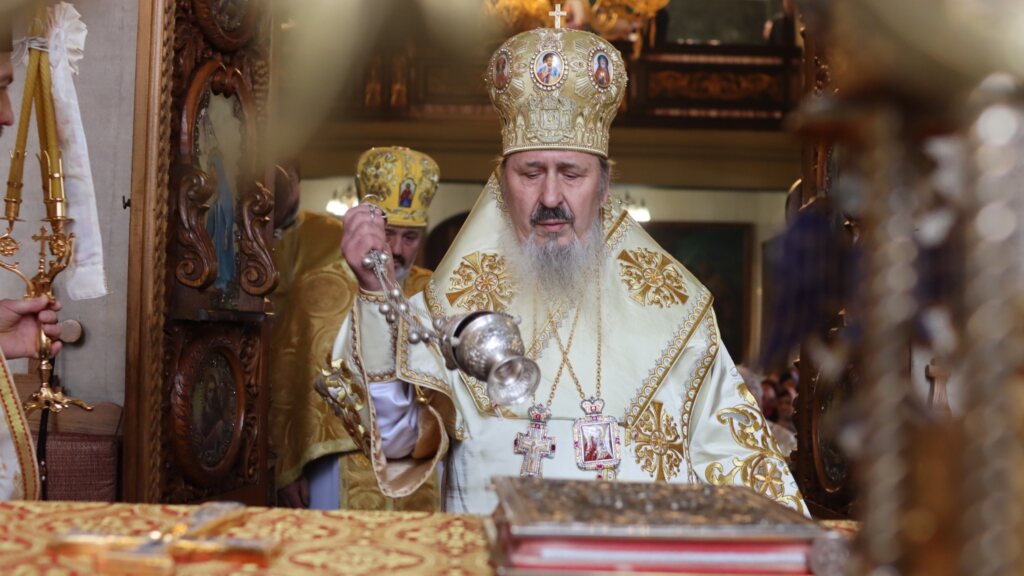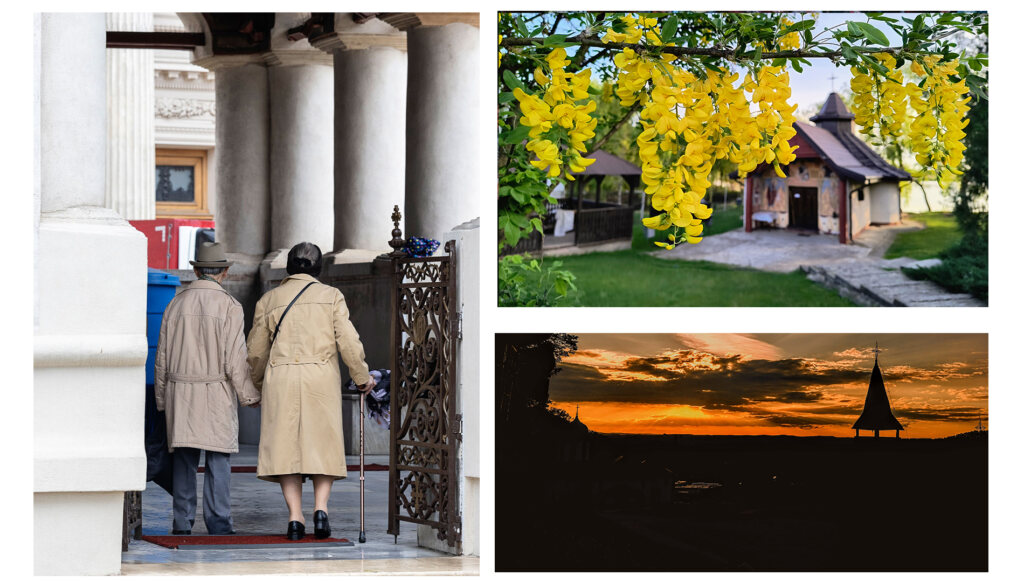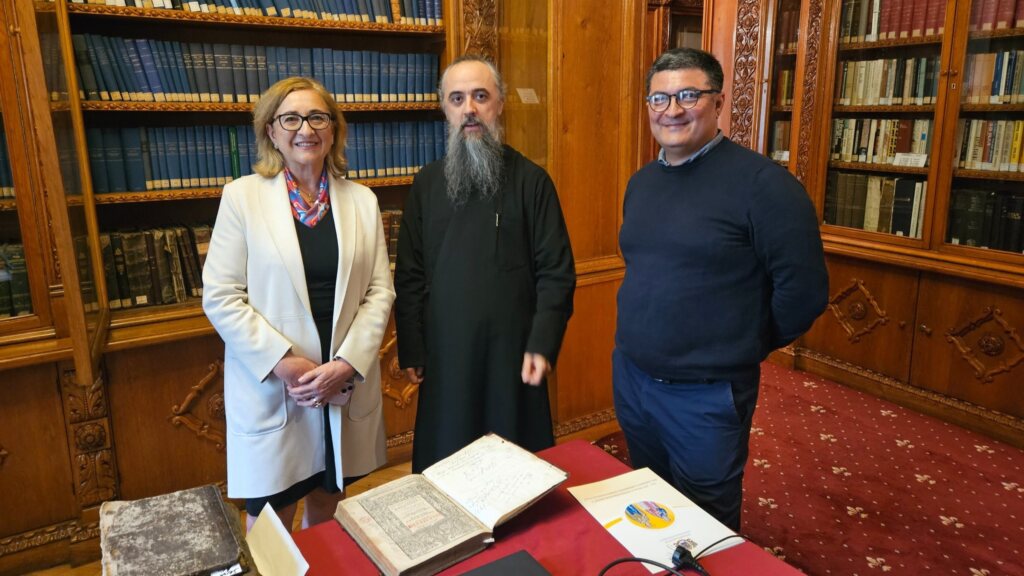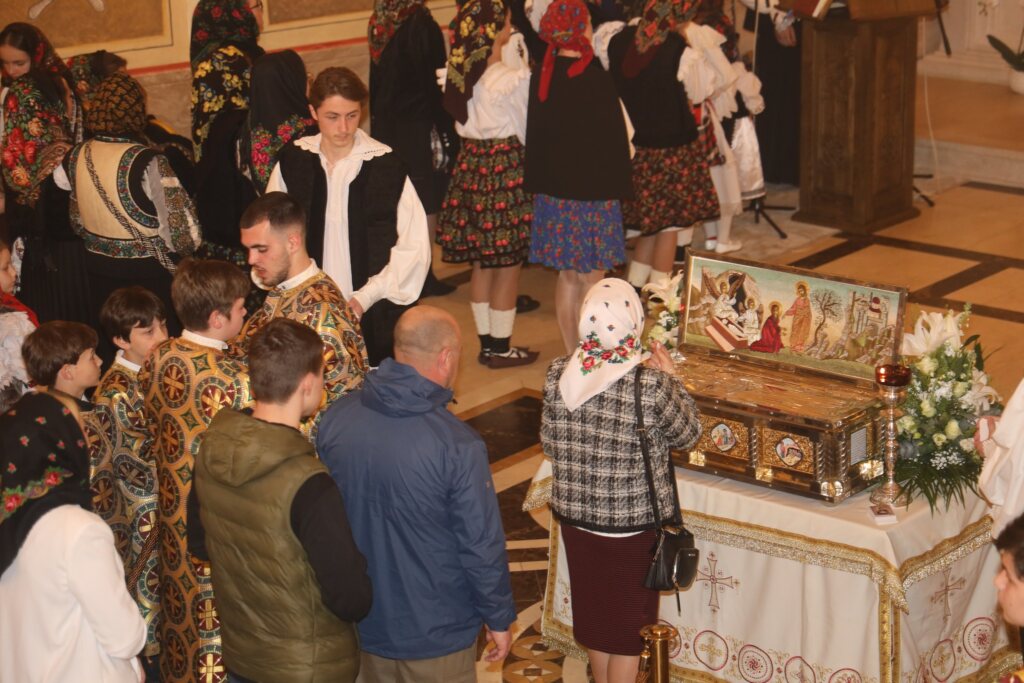Religion class is present in one way or another in the public school subsidised by state in all the countries of the European Union. The national dimension of the presence of religion in the European schools is diverse, with deep roots in the spirituality, culture and history of each country. The differences are present in the statute, as well as in the organisation and approach of the study of religion in the European schools.
Thus, the religion class may be either compulsory for all pupils, even with no possible exemption, as in Sweden, or optional, which the pupils can choose at various levels, as in Slovenia. There is also the singular case of France where the study of religion is not a separate discipline, but for in Alsacia and Lorena, elements of this discipline having been included within the curriculum some other disciplines of study. As well known, because of the terrorist attacks in France, there is already some talk about introducing the religion class in the school curriculum.
In Sweden and Greece, the organisation of religion teaching is the exclusive responsibility of the state, while in Germany and Austria it is the subject of the close cooperation between state and religious cults, and the exclusive task of the religious cults in Hungary. Also very important is the fact that teaching religion class can vary from a strong secularised one, providing strict objective information on various religious faiths of the world, such as in the case of Estonia and Denmark, to pure confessional aspect, as in Cyprus and Malta; but we find a more moderate degree of confessional character in the majority of the other European states.
As for the number of religion classes, the majority of the Western pupils have one religion class a week, but in countries as Germany, Austria, Ireland, Cyprus, Greece, Italy and Croatia they have two religion classes a week, while in Belgium they have even three classes a week.
A positive evolution
The analysis of the scenery of the religion class in the countries of the European Union shows a series of common tendencies caused by the common challenge of secularisation and of the cultural and religious pluralism permanently growing in the European area. Thus, at least at the discourse level, one can notice an evolution in regard to the motivation of the presence of the religion class in public school, from the conscience of the need to provide religious education to the children, to more pragmatic reasons, such as the need to combat religious fanaticism or cultivation of the pupils’ ability to understand the historical and cultural patrimony of the country.
Just like in our country, in some other member states there are certain voices which criticise the presence of the religion class in the public schools. Very often these ones do not come from persons actively involved in the educational systems, but from some groups in minority, with secularist agenda, the evolution seeming to go rather opposite the direction of the one they claim, namely to the appearance or consolidation of the place of the religion class within the school curricula, such as the evolution in France and Denmark.
Religion taught compulsory or confessionary
In Germany, the Religion class is part of the common set, having been compulsory, confessionary, subsidised by state, with two classes a week at least. Roman Catholicism and Protestantism are in majority, but Orthodox religion is also taught, as well as the Muslim religion. Religion class is one of the examination disciplines at the end of the secondary cycle of study (10-19 years), with lands where up to 30% of the pupils choose it.
Religion class statute is similar in Austria too, where there are 14 religious cults legally recognised, with groups of study made up even of three pupils.
Belgium is in the same category, with the religion class compulsory, with two classes a week, while in Flandra, namely in the North of the country, there are three classes a week. The religion teachers are employed and paid by the state, but appointed and estimated by the religious communities. They are also the only ones in charge with the curriculum of the religion classes, as well as with drafting the religion manuals.
Greece and Cyprus stipulate confessionary teaching the Orthodox religion, with compulsory statute, organised and subsidised by state, with two classes a week. The Greek pupils start every school day with a short prayer. Compulsory and confessionary religion class is also provided in Finland, Lutheran in majority, and in Ireland, Roman Catholic in majority.
Compulsory, but not confessionary
A separate case is Sweden; although more than three quarters of the country is Lutheran, religion is not confessionary taught, having been the exclusive responsibility of the state. But the children are obligated to attend it, with no possible exemption.
In the state schools of the United Kingdom of Great Britain and North Ireland, religion is not confessionary taught, but compulsory, and organised by the state in cooperation with the religious cults. In the confessional schools – 30% out of the total number – religion is confessional, compulsory, organised by the respective cult and subsidised by state. Christianity is central within the curriculum, but a rather large space for the other great religions is provided too.
In Holland, religion class is optional in the state schools, namely 25% out of the total number, partially subsidised by the state, while in the private schools – most of them confessional: Roman Catholic, Protestant, Muslim or Jewish – the religion class may be compulsory, within other profiles, and optional for the other ones. The approach is confessional in its majority, but not exclusive.
Optional Romano Catholicism
Italy, Spain and Portugal, countries Catholic in their majority, stipulate the optional, confessionary religion class, organised by the Roman Catholic Church (90% of the Italian pupils and 75% of the Spanish pupils) and by the other recognised religious cults as well. In Italy, the state does not subsidise the religion class organised by other religious cults. Spain provides as an alternative – where a rather small number of pupils enrol – a secular approach of the religious phenomenon. In Portugal, the non-Catholic religious communities legally recognised can organise a moral religious course in the school, following the application of at least 10 pupils.
In conclusion, religion class is present in all European countries which involve, organise and subsidise the teaching of this discipline, while the confessionary statute of religion, within the common set, and so compulsory, is in no way non-European.
(Data and information from the work entitled “Study of religion in the public schools in the European States Union”, by the Representation of the Romanian Patriarchate – Brussels, adapted by deacon George Aniculoaie and published by the “ziarullumina.ro website).
European Union is not against religion
Just because during the last few days there was some talk in the Romanian society about an anti-religion trend coming from Europe, it should be mentioned that the European Union unfolds only a supporting policy in the field of education, complementary to the national policy of every member state. Thus, the exclusive competence of the member states to establish the content and organisation of the national systems of education is not contested from the perspective of the laws of the European Union. The European Union has no competence to adopt obligatory acts in the educational field, and the presence of the religion class in the public schools is a matter belonging to the national suzerainty of each state member of the European Union. Moreover, the Council of Europe from Strasbourg urged the national governments of the EU member states to stipulate the introduction of the religion class in the common set of the primary and secondary educational system.






